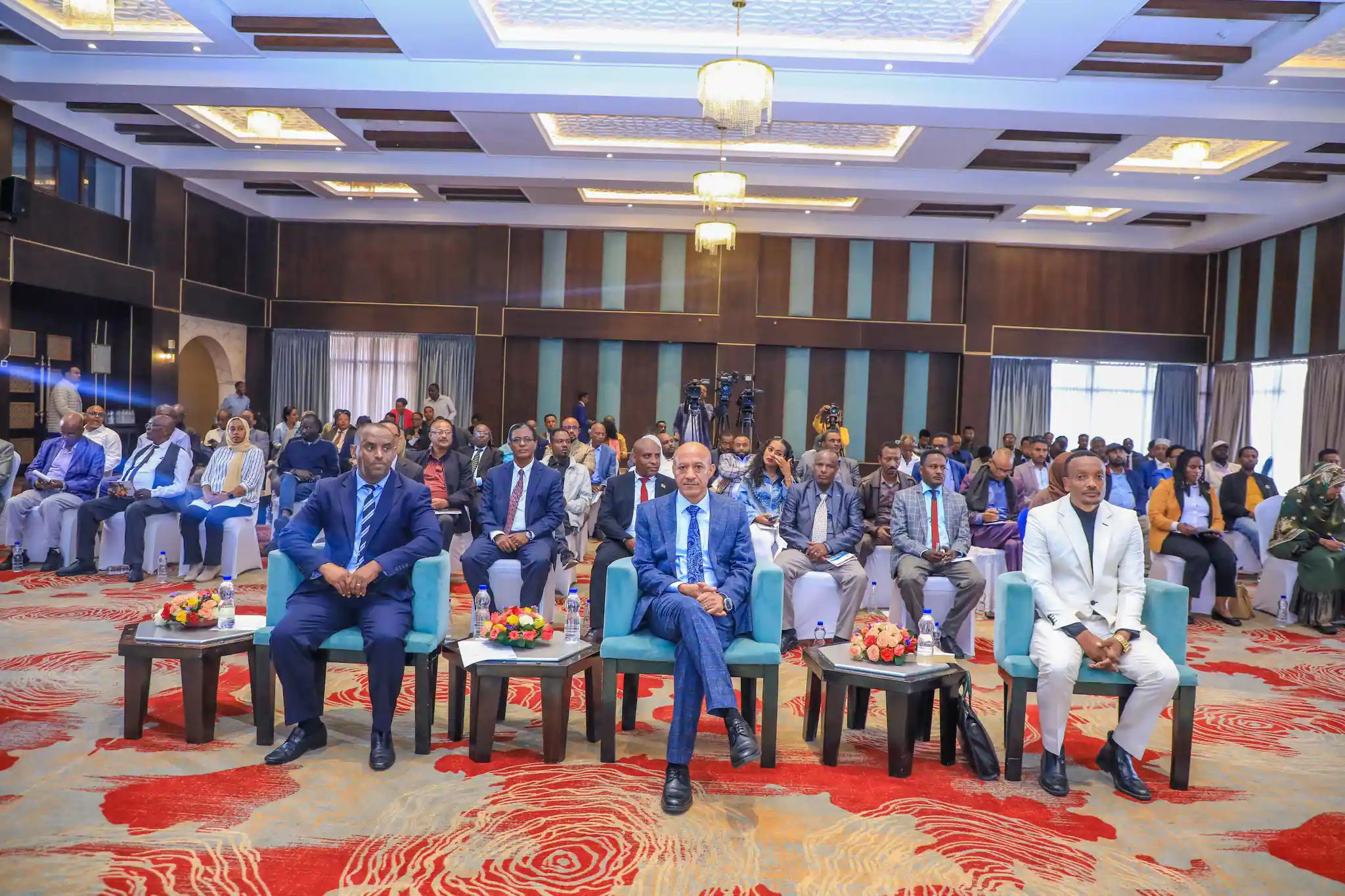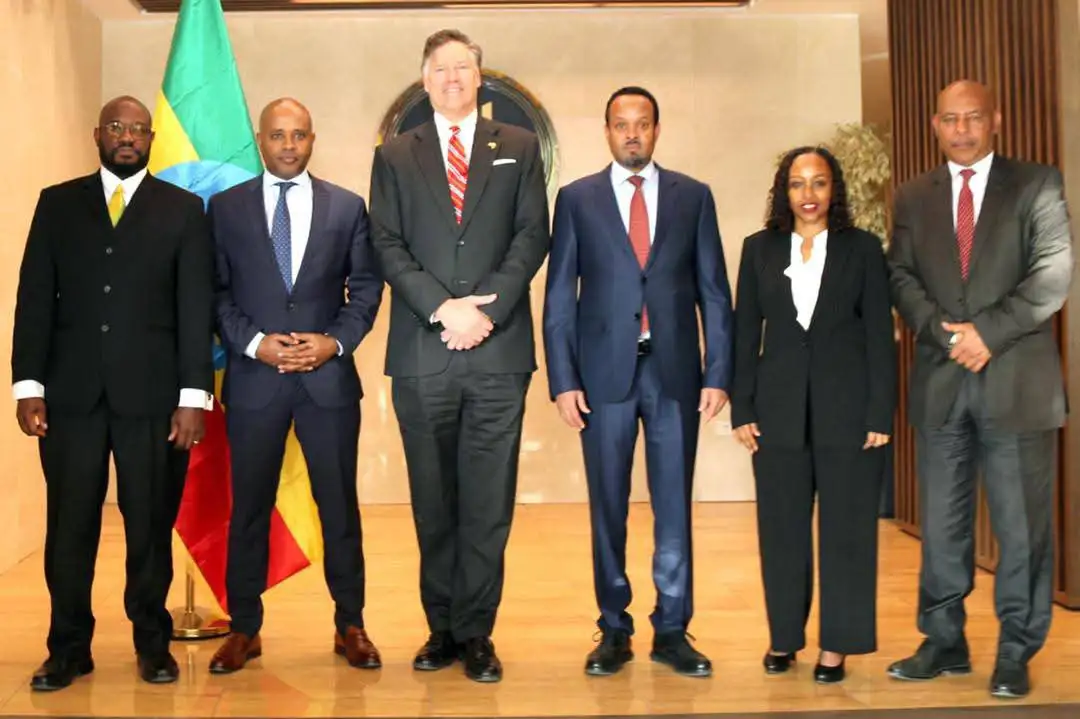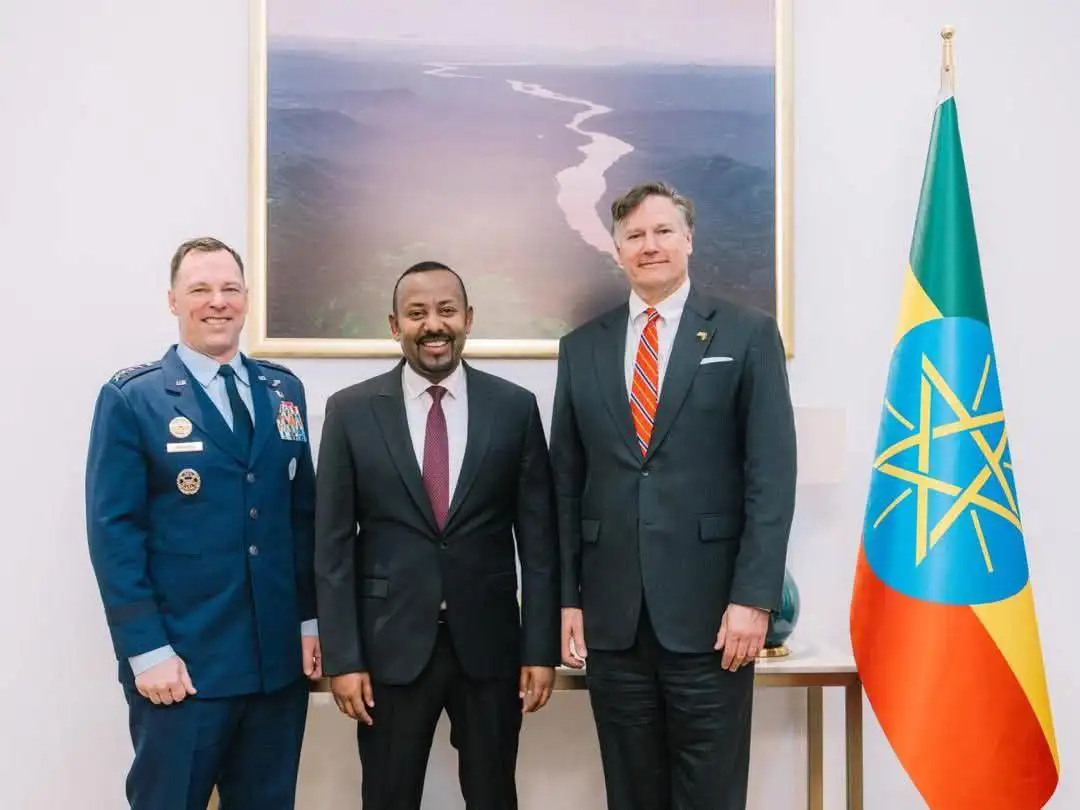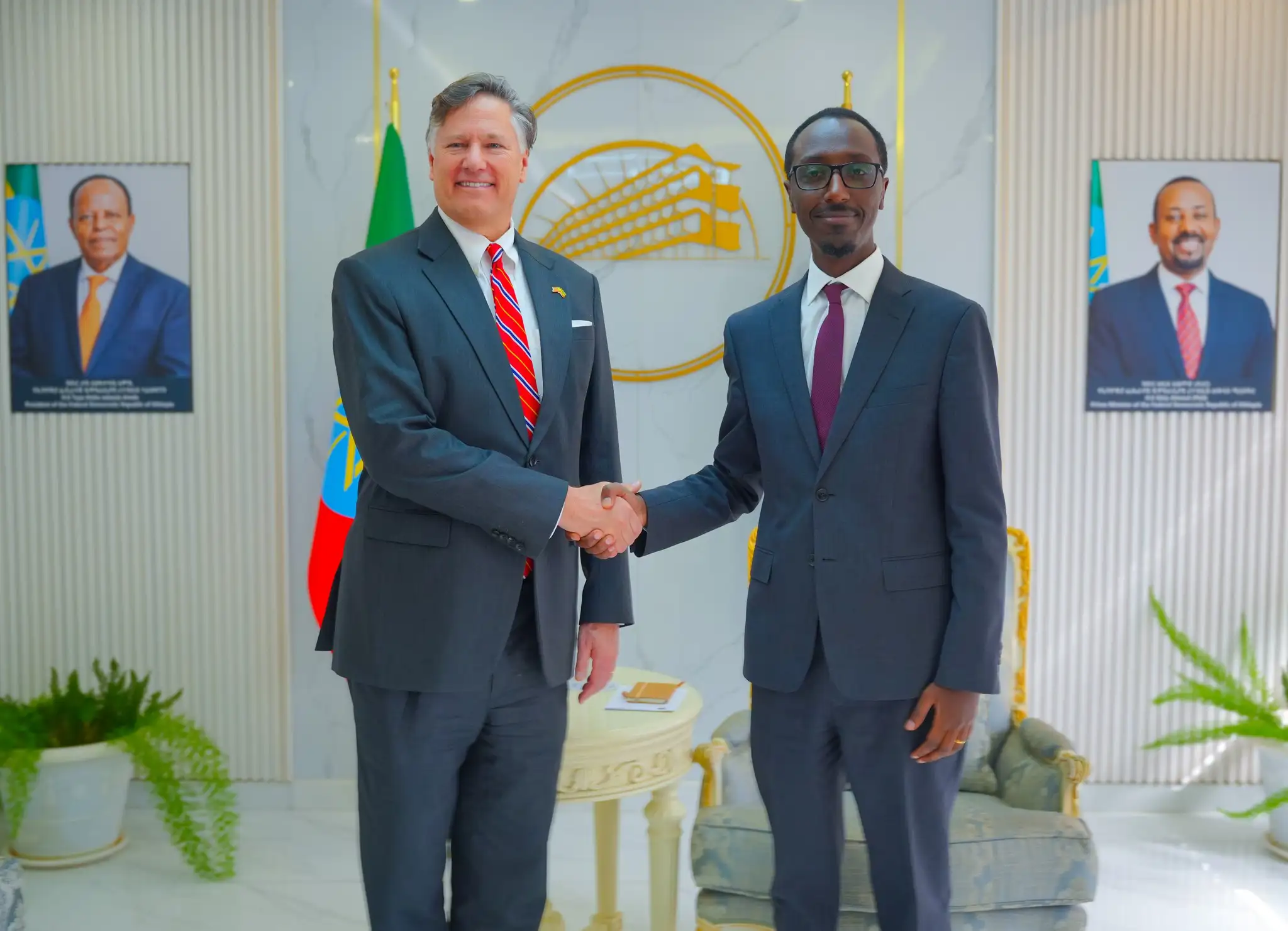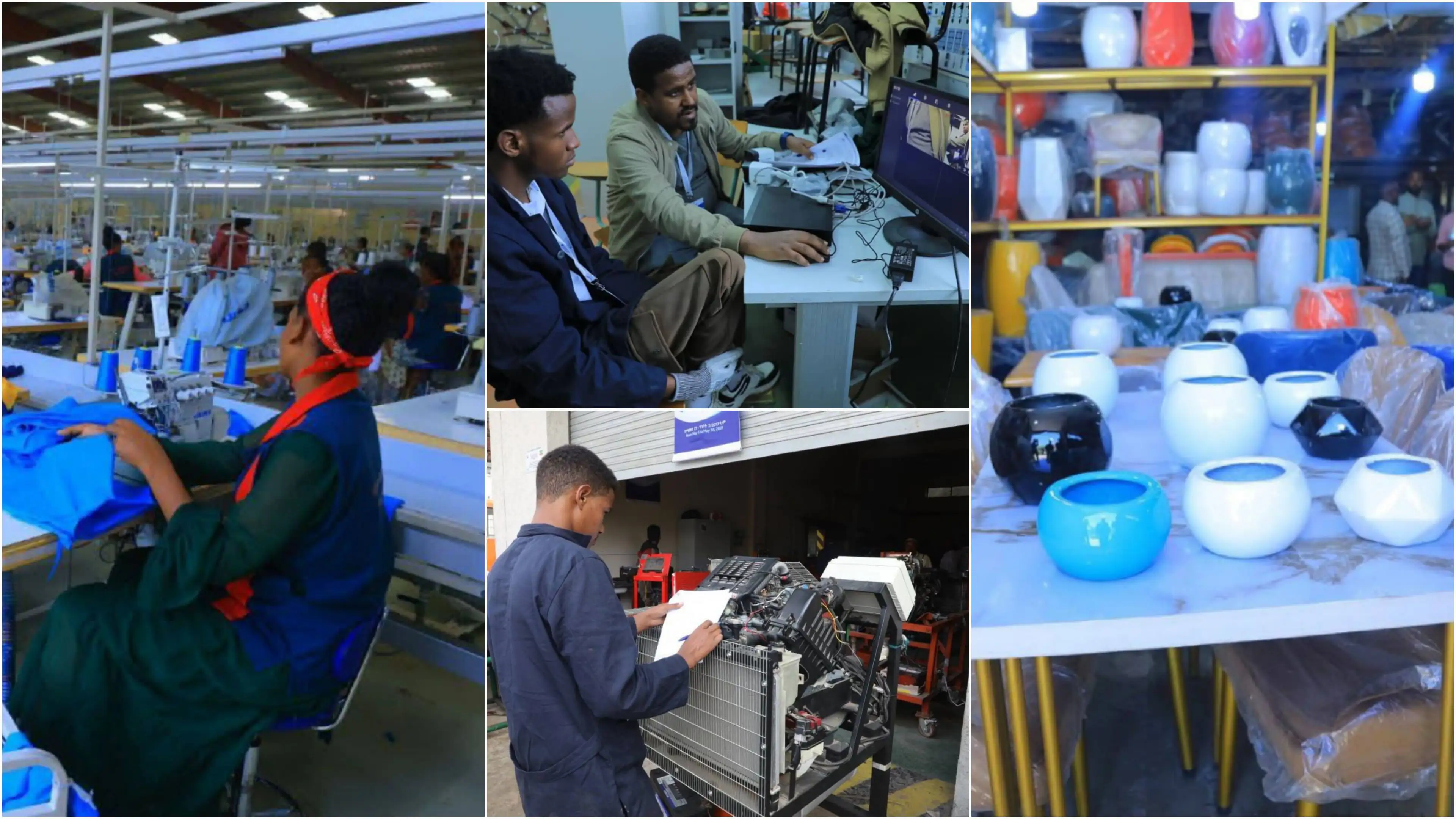Ethiopia's political parties have come together to sign the "Bishoftu Covenant," a declaration outlining their collective commitment to establishing and consolidating peace across the nation. This landmark agreement emerged from a high-level peace conference, a collaborative initiative by the Joint Council of Ethiopian Political Parties and the country's Ministry of Peace.
The forum, held recently in Bishoftu, brought together a diverse group of political leaders to deeply examine the intricate challenges to peace in Ethiopia. Discussions delved into the very essence of peace, its regional and global influences, the roles and responsibilities of peace actors, and crucially, the specific part political parties must play. "We explored the root causes of our country's peace problems and potential solutions," explained one participant, highlighting the detailed nature of the deliberations.
At the heart of the covenant is a shared understanding that peace is the absolute foundation for everything—for society, for governance, and for the future. The parties recognized their pivotal role as exemplars of peaceful political struggle, acknowledging their duty as leaders to ensure enduring peace for current and future generations. They also stressed peace's irreplaceable role in building a democratic system.
A Seven-Point Pledge for a Peaceful Future
The Bishoftu Covenant lays out a comprehensive, seven-article pledge, urging all stakeholders to play their part in its implementation:
- Peaceful and Civilized Political Conduct: Parties commit to pursuing their goals democratically, within the bounds of law and order. This includes a promise to avoid actions that disrupt security, spread defamation or hate speech, or cause harm to life and property.
- Respect for Democratic Institutions and Values: Signatories vow to uphold the rule of law, respect the will of the people, and honor the integrity and outcomes of electoral processes. Even when disagreements arise, positions will be advanced while maintaining respect for legal frameworks.
- Inclusivity, National Consensus, and National Interest: The covenant emphasizes working towards a multi-ethnic identity by valuing differences. It also commits parties to actively increase the participation of youth, women, and people with disabilities, fostering a political culture that prioritizes national interests.
- Democratic Good Governance: Parties pledge to build a political system driven by clear agendas, sound policies, and capable leadership. They embrace diverse political viewpoints as a healthy sign of democracy.
- Effective Conflict Management and Peacebuilding: The agreement outlines efforts to develop internal mechanisms for conflict resolution within parties and among them. It also commits parties to partner in peace discussions held across communities, academia, and other forums.
- Transparency and Accountability: Parties commit to fostering transparency, freedom of thought, and trust within government and their own organizations. They will collectively resist any political actions that limit public participation or undermine institutions.
- Upholding National Interest and Democratic System: Finally, the covenant binds parties to work as a unified front on matters of peace, external challenges, national elections, and government development, standing together for the dignity of all Ethiopians and the nation's shared destiny.
A Call for Unity Beyond Differences
The declaration concludes with a powerful statement of political resolve. "This Bishoftu Covenant Declaration is founded on our political commitment as party leaders to exercise high levels of peace leadership and social responsibility and to work stemming from national common interests and benefits," the document states. It asserts that from now on, despite political differences, parties will diligently work to establish and consolidate peace for the benefit of the nation and its people.
Significantly, the covenant also extends a direct call to political forces and armed groups outside the peaceful political struggle to resolve their differences through dialogue. The signatories collectively pledge to play their role in facilitating the success of such peaceful resolutions. The parties have also agreed to work closely and collaboratively with all relevant stakeholders to implement strategies that will ensure lasting peace.
As the declaration emphatically states, "Peace is the foundation of everything!!!"
